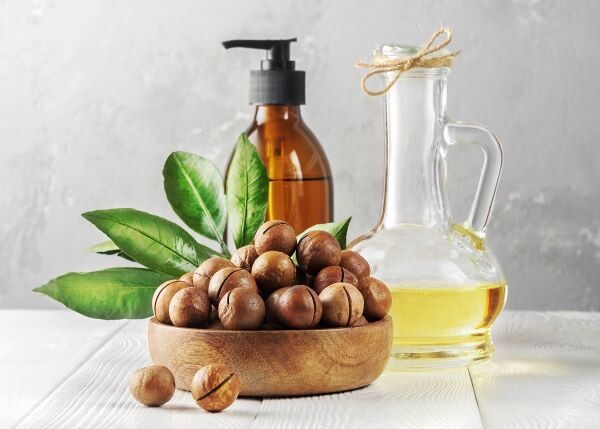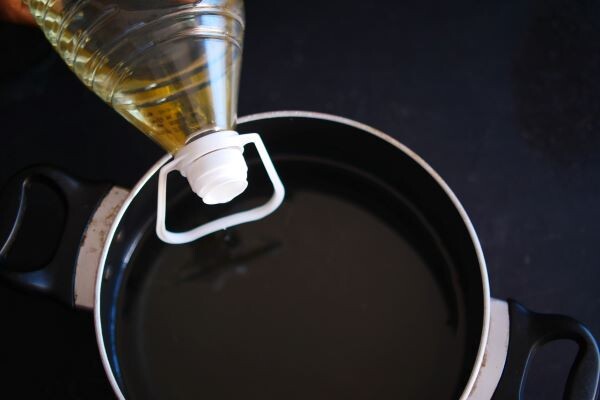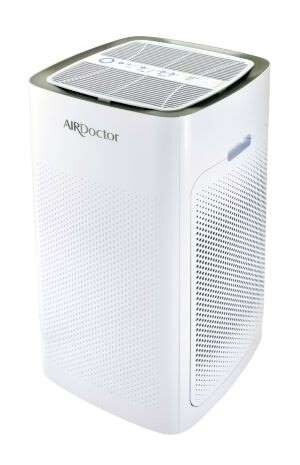Avoiding Seed Oil: Part 2
Last week I wrote Part 1 of Avoiding Seed Oil which is an extensive topic. If you missed that article, you can check it out here. In Part 2 of Avoiding Seed Oil, we will dig a little deeper into this topic and talk more about solutions. Seed oil is everywhere!
Ancestral Fats
We previously discussed the process of how seed oils are made and why they wreak havoc on your health. If you are ready to ditch the seed oils, I like ancestral fats. These are fats that your great grandparents cooked with and include grass fed tallow, ghee, lard, butter and high-quality extra virgin olive oil. Our ancestors primarily used animal fats, which are mostly stable saturated fats. Again, by stable we mean they don’t oxidize when heated and keep well. They also have lots of vitamins and nutrients that are easily absorbed by the body. They can also make our food taste betterw! Switching out seed oils for ancestral fats can make a huge difference in your health and vitality.
The key to using ancestral fats is to have high quality brands or sources. Here are a few questions you can ask to determine their quality:
- What was done to the plant when it was grown? Did the farmer use organic practices? How was the animal raised, grass-fed or pasture raised?
- Was the fat/oil minimally processed?
- Is it coming from a trusted source?
Keep in mind, the food we eat will determine how we feel today and long into the future. The fats we choose matter a lot. Cooking with high-quality, minimally processed fats, you will feel and taste the difference.

Seed Oil in So Many Processed Foods
When you start reading labels you will find that seed oil is in almost all processed food. Never fall for the marketing on the front of the package–the makers of much of these foods are counting on you not reading the labels. Be a sleuth and learn to read labels! A good example of something you may not be thinking about when purchasing is salad dressing–most of them have seed oils. It is so easy to make your own salad dressing with pure olive oil, vinegar and lemon juice. You can also add a bit of good quality mustard for added flavor.
What about Margarine and Shortenings?
These oils are chemically derived and created in labs using a lot of seed oils. For example, Crisco, I Can’t Believe It’s Not Butter and Earth Balance, and many others, contain disease-causing trans fats. What is a trans fat? These fats are artificially solid at room temperature through a process known as hydrogenation or partially hydrogenation. This means hydrogen was added to the fat to make it solid at room temperature. Why would they do that? The creation of these fake ingredients generate huge profits for Big Food and restaurants. Butter and animal fats are much more expensive, so they create cheaper substitutes to increase shelf life and to maximize their profits. This is all done at a cost to your health! Another thing is that our bodies do not metabolize trans fats effectively. There are many studies that show that these artificial fats are associated with chronic disease as they promote inflammation, metabolic syndrome, diabetes, dementia, heart disease and more.
Vegan Butter
A popular choice for many on a plant-based diet is, for example, Earth Balance. Again, these “butters” are not a healthy choice because they are made of vegetable oil blends, are highly processed and high in linoleic acid. They are basically margarine. They usually contain other unhealthy ingredients like natural flavors and color. For a healthier choice, see below about macadamia nut oil.

Palm Oil vs. Palm Kernel Oil
Palm Oil is extracted from the outer flesh of the tropical palm fruit, and it has been used by many for thousands of years. There are two types of palm oil, refined and unrefined. You probably guessed that the refined palm oil is unhealthy and most of the palm oil used and that you will find in stores is refined. Unrefined palm oil is healthier and does contain some phytonutrients (Vitamins A and E). It is also rich in stable saturated fats and some stable monounsaturated fats, with about 10% linoleic acid. It also has a high smoke point. It is the most common oil used in the world, and extractive farming practices have led to a significant amount of deforestation and environmental issues. It is not an oil you want to use very often, if at all. The amount of lineoleic acid is at about 10%. If you need to review my article on Lineoleic Acid, go here.
Palm Kernel oil is from the flesh of the fruit and is extracted from the soft part of the seed. Although both oils come from the same fruit, palm kernel is both chemically and nutritionally different than palm oil.The amount of linoleic acids is much lower at 2.4%. Palm Oil has about 50% stable saturated fat whereas Palm Kernel Oil is much higher at 82%, and the rest of it is comprised of monounsaturated fat. Palm kernel oil also contains antioxidants and is a good source of Vitamin A and K.
It is recommended that you choose palm kernel oil over palm oil but be sure to look for organic, unrefined and minimally processed. Also you need to find a sustainable source. This can be tricky so I don’t recommend it very often.

Saturated Fats, Heart Disease and Your Brain
The last few decades have brought with them the news that we’re supposed to avoid adding saturated fats to our diets. Recent science though, tells another story. Let’s hear what Dr. David Perlmutter, Board Certified Neurologist, has to say about saturated fats. There is much confusion on this subject. So if you have cut eggs, butter, and coconut oil out of your diet, you may want to add them back! The human brain is approximately 60 percent fat. To function optimally, your brain needs to maintain this level of fat. The low-fat recommendations and diets that gained popularity in previous decades degraded public health in many ways. Eating brain-healthy foods — especially the right kind of fats — can have a tremendous impact on your brain and overall health and wellness. From brain function to metabolism to cardiovascular fitness, fat is an absolutely essential macronutrient for your entire body. Eating the right kind of fat is essential, 100% grass-fed beef, wild salmon, avocados, ghee, coconut oil are just a few suggestions!
What About Nut Oils?
Nut Oils are considered seed oils and most are high in linoleic acid. You can find some unrefined organic, cold-pressed and minimally processed. Remember refined oil is usually processed using harsh chemicals as explained in my previous article on Avoiding Seed Oil. Also, given the fact that peanut oil is 32% lineoleic acid, sesame oil is 40-45% linoleic acid, you want to avoid these oils.

Listen up vegetarians and vegans! There is one minor exception to nut oil usage and that is macadamia nut oil. It is an okay alternative to animal fat for vegans. It only has about 3% linoleic acid which makes it an acceptable choice for cooking. It contains a large amount of heart-healthy monounsaturated fat as well as some saturated fat–making it stable for cooking. Unrefined macadamia nut oil is less processed and contains many more nutrients than refined macadamia nut oil. This is one of the most expensive oils. It has a high smoke point so it is good for high heat cooking, sauteing, frying, roasting and baking. Look for extra virgin, cold pressed or unrefined, preferably in dark glass or tin. There are a few trusted brands that mysuperherofoods recommends–Olivado Extra Virgin Cold Pressed Macadamia Nut Oil, Ellyndale Natural Cold Pressed Macadamia Nut Oil, Olive Nation Macadamia Nut Oil, and Roland Extra-Virgin Macadamia Nut Oil.
Thanks again to mysuperherofoods.com and their excellent book, The Ultimate Guide to Avoiding Seed Oils in Your Kitchen which was used as a source for this article!
If you enjoyed this article, please leave a comment below. Also, we are supported by a few high-integrity products in our health store. One of them is the AirDoctor 5500, which is their most powerful and quietest purifier with an updated filter design. The is a pure air solution for extra large spaces, high ceilings and open concepts and can circulate and clean your air up to 2,086 feet. I have one and I love it. It is essential for my health! Check it out here.



0 Comments